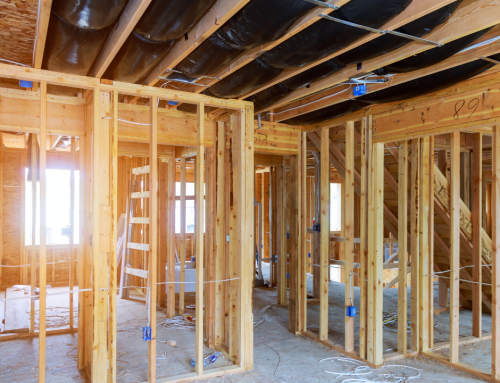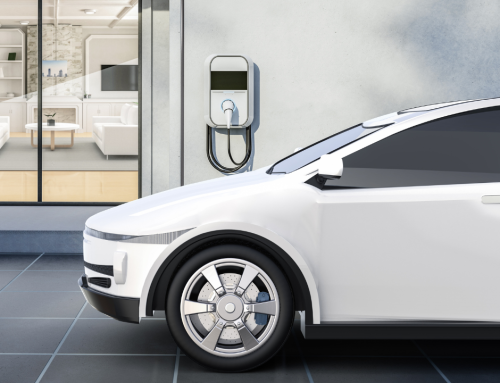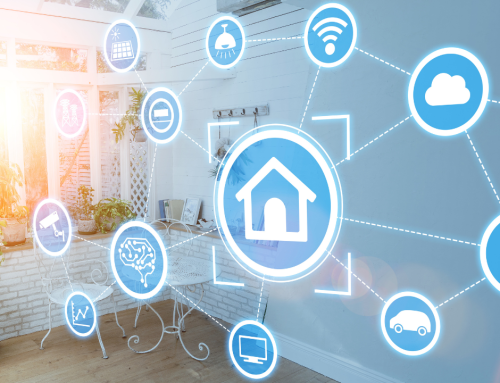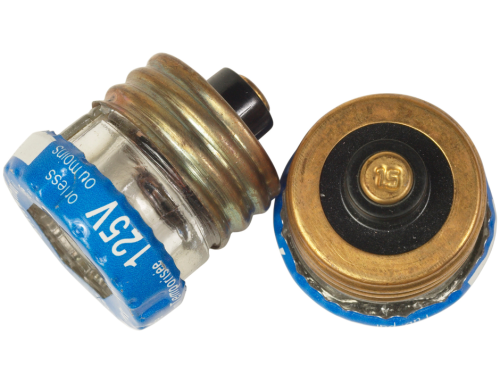When the power goes out, it can be a big inconvenience and, in some cases, a safety hazard. For those who rely on electricity for essential needs, having access to a backup power source is a must. A standby generator is an important solution for those looking for reliable power when the grid fails.
Just a couple of weeks ago, a widespread power outage plunged much of Dundas County into darkness. While some folks had gas generators to try and keep their phones, fridges and a couple of lamps running, it was the people with standby generators who really managed the situation well. These incidents seem to act as a reminder to investigate them more thoroughly. Here are answers to some of the questions we are frequently asked about standby generators.
Why Power Outages Happen
Power outages can occur for various reasons, such as severe weather conditions, equipment failure, and accidents. Natural disasters such as lightning striking a tree which then falls across power lines, tornadoes, and floods can also cause power outages that can last for days or even weeks. In some cases, utility companies may intentionally turn off the power to prevent wildfires or for maintenance purposes. Regardless of the cause, power outages can be disruptive and costly, and having a standby generator can be crucial to ensure continuity of power.
What is a Standby Generator?
A standby generator is an automatic backup power source that switches on within seconds of a power outage and is connected directly to your home’s electrical system. Unlike portable generators, a standby generator doesn’t require manual operation or the hassle of refuelling or tripping over extension cords in the dark. Standby generators are designed to power up the critical electrical circuits of your home or business until the power is restored. They offer reliable, uninterrupted power supply during emergencies and are a wise investment for those living in areas with frequent power outages.
How Does a Standby Generator Work?
A standby generator is an advanced backup power source that is installed permanently outside your home or business. When there is a power outage, the generator kicks in automatically and starts generating power, keeping your lights and appliances on until the power is restored. The generator is connected directly to your electrical system, so there is no need to manually transfer the power. The generator runs on either natural gas or propane, which is fed through a line from the fuel source. Standby generators also have an automatic transfer switch that disconnects your home or business from the grid, protecting your electronics from any power surges when the power comes back on.
Benefits of Owning a Standby Generator
There are numerous benefits to owning a standby generator, especially during power outages. First and foremost, it ensures an uninterrupted power supply to your home or business. This is especially important for those with medical conditions that require electricity to operate essential equipment. Additionally, a standby generator prevents potential damage to appliances due to power surges. It also adds value to your property and peace of mind knowing that you are always prepared for unexpected power outages. Finally, with proper maintenance, a standby generator can last for years, providing you with a long-term solution to power outages.
The Risks of Not Having a Standby Generator
Power outages can pose serious risks to individuals and businesses alike. Not only can they cause inconvenience and discomfort, but they can also lead to health hazards, spoilage of food and medication, and even property damage. In addition, power outages can disrupt business operations, resulting in lost revenue and productivity. Without a standby generator to provide backup power, individuals and businesses are left vulnerable to these risks.
How to Choose the Right Standby Generator for Your Home or Business
Choosing the right standby generator for your home or business can seem daunting, but with some basic knowledge, it can be a breeze. Consider the size of your property, the power needs of your home or business, and any essential appliances or equipment that require power during an outage. You should also consider the fuel source and noise level of the generator. It’s important to consult with a professional to ensure that you select a generator that can adequately power your home or business during an outage. With the right standby generator, you can rest easy knowing that you’ll have power when you need it most.
Wondering if a standby generator is right for you, or how much a standby generator costs? Atel Electric will be happy to visit your home or business, assess your needs, and offer an estimate. Don’t let a power outage catch you off guard – invest in a standby generator for peace of mind and protection.





